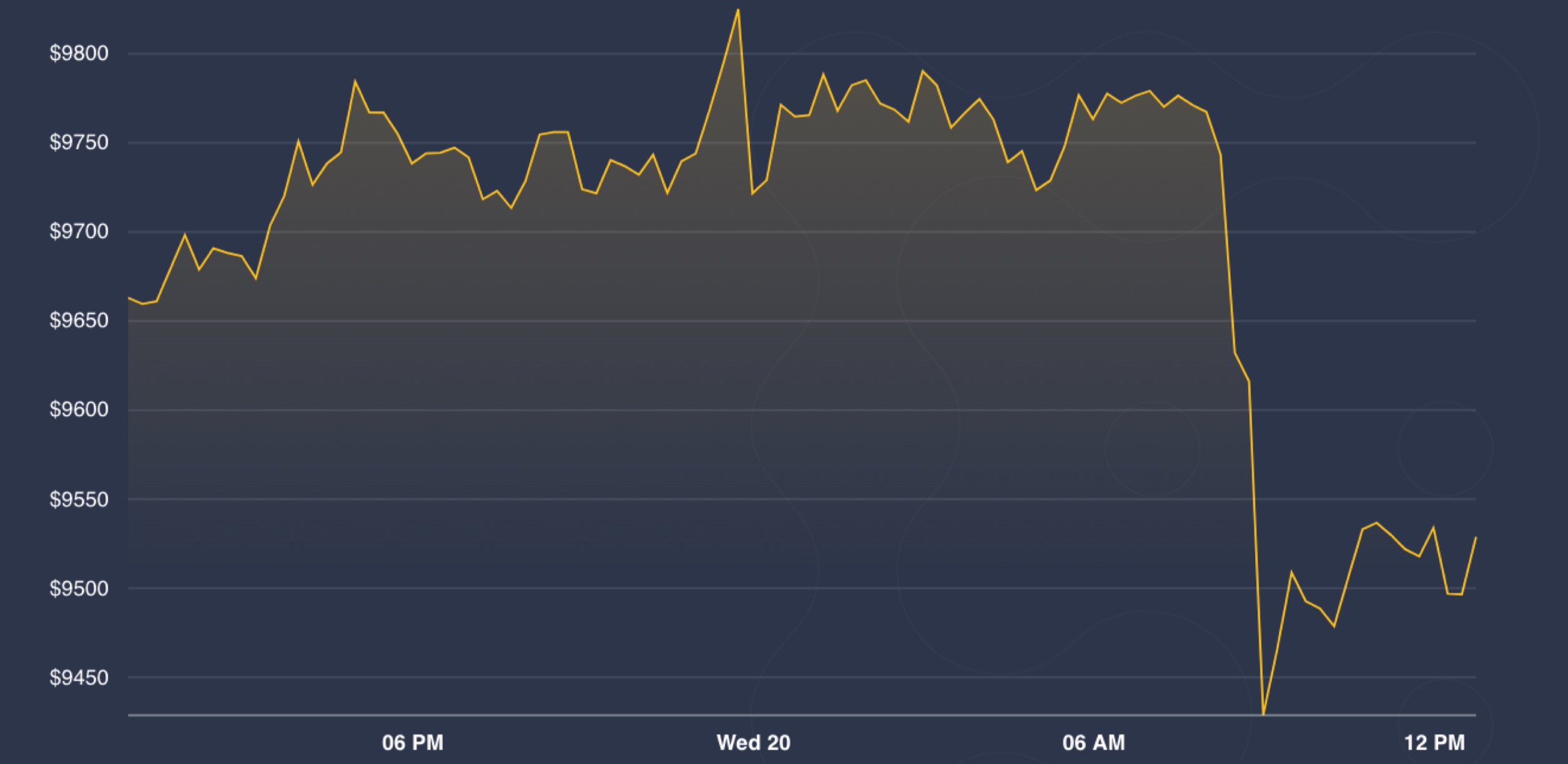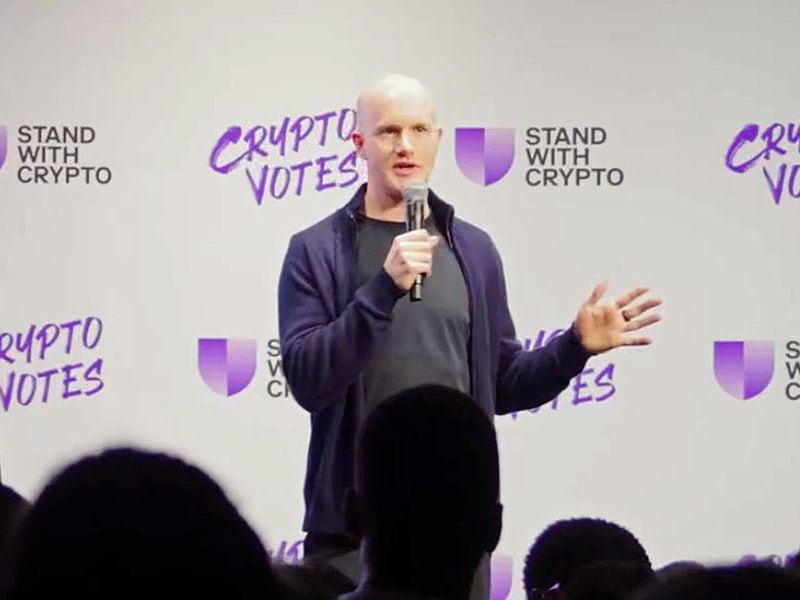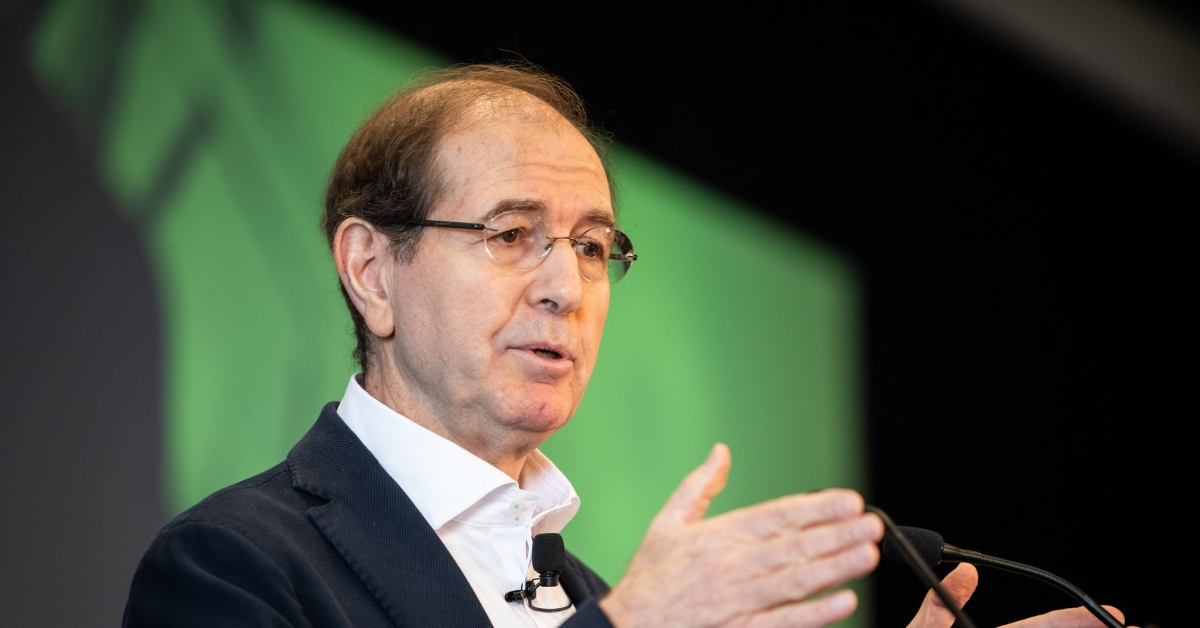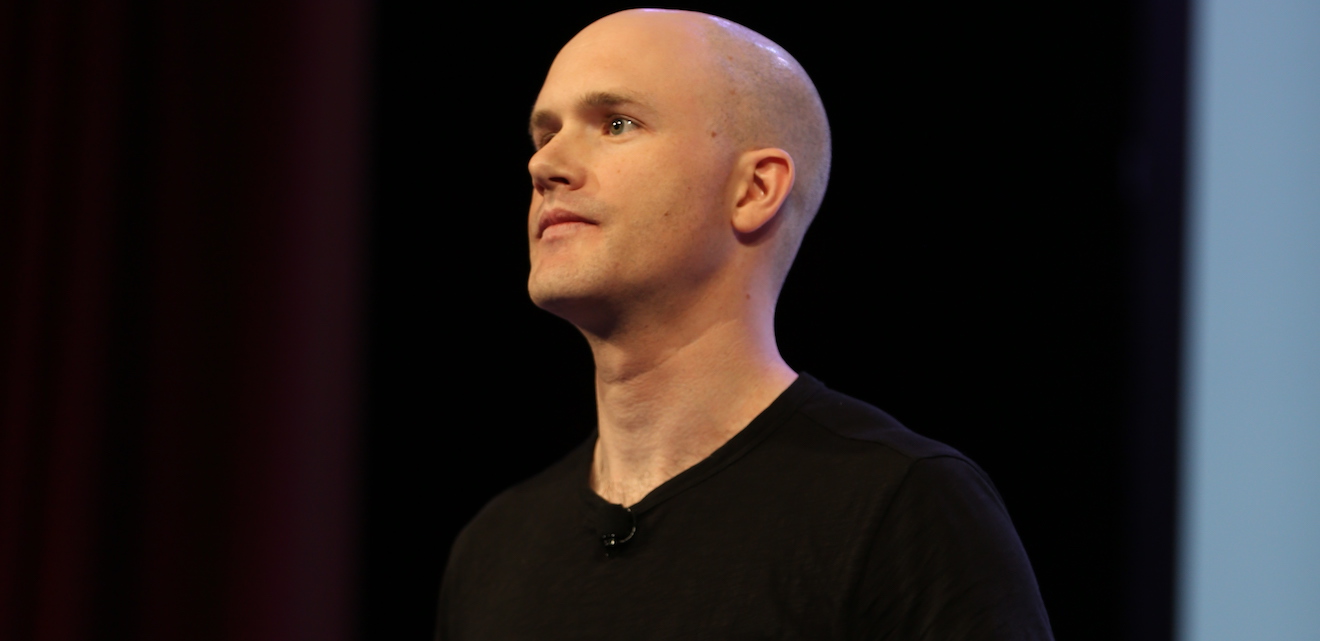Will SBF’s ‘Blame-the-Lawyers’ Strategy Work?
News emerged today that Sam Bankman-Fried has settled on a legal strategy ahead of his criminal trial this October, and it amounts to this:
The lawyers made me do it.
“Sam Bankman-Fried intends to argue he was acting in ‘good faith’ in loaning funds to FTX and Alameda executives, in setting Signal messages to auto-delete and in setting up a set of North American entities because he was following the advice of lawyers, including law firm Fenwick & West,” Nikhilesh De, CoinDesk’s regulatory editor, wrote Thursday.
This is an excerpt from The Node newsletter, a daily roundup of the most pivotal crypto news on CoinDesk and beyond. You can subscribe to get the full newsletter here.
De reports on a letter from SBF’s lawyers, published Wednesday, that details this so-called “advice of counsel” strategy. SBF is accused by federal prosecutors of “multiple schemes to defraud,” including wire, commodities and securities fraud, and he faces decades in prison if found guilty.
His emerging strategy defense is certainly clever in theory, and aligns with some of the other messaging that SBF has been making since the spectacular collapse of FTX last November. The 31-year-old fallen crypto king has been presenting himself as young and hapless, too callow to have orchestrated any great evil. As he tells it, he was simply out of his depth, a creature molded by older, more experienced collaborators – like his lawyers at Fenwick & West, a mid-sized firm specializing in advising tech startups.
The question is whether this blame-the-lawyers strategy will work.
CoinDesk reached out to several defense attorneys and crypto-specialist legal minds for comment.
Ira Lee Sorkin, a defense lawyer best known for advising Bernie Madoff, said the “advice of counsel” strategy was fairly common in white-collar cases and could be productive for him. The prosecutors have to show that SBF intended to defraud, so a strategy to show that he acted on outside advice, rather than independently, could be useful.
But it comes with risks for SBF’s team. For one, his former lawyers at Fenwick & West could well be called upon as witnesses by the prosecution, an eventuality with an uncertain outcome. “It can be precarious because you are putting people who have advised you in the firing line,” Sorkin told CoinDesk.
The judge would also have to decide whether the advice SBF was given is covered by attorney-client privilege or whether it could be fully revealed in court.
He can negate the ‘intent’ element required to prove the case against him
Joseph Tully, a criminal defense lawyer at Tully & Weiss, thinks the “blame-the-lawyer” strategy is a good one for SBF.
“[He] can’t deny that he did the actual acts that constitute the crimes [but] by saying he was just following the advice of his lawyers, he can negate the ‘intent’ element required to prove the case against him. If an accused can negate any element in a criminal case, the whole charge falls apart,” Tully told CoinDesk via email.
“The only possible issue that this brings up is that he would waive his otherwise confidential communications with his lawyers and everything, or most everything, that he and his lawyers discussed would be discoverable to prosecutors.”
Joseph Klayman, U.S. head of fintech, blockchain and digital assets at Linklaters, said the strategy’s success or otherwise would come down to whether SBF consistently followed the advice he was given. “In my view, it would be premature to take a view concerning the likelihood of success,” she told CoinDesk in an email response.
“With this type of defense, I would expect that this would involve a highly facts-and-circumstances-specific inquiry, including with respect to the substance and form of the advice allegedly given and whether any such alleged legal advice was followed without variation and in good faith.”
Tully agrees with Klayman. “If the lawyers did look over everything and gave him this advice, [SBF’s] fine. However, if there’s anything in the communications that says otherwise, he’s sunk,” he said.
It’s notable on this score that SBF has been known to disregard legal advice before, not least from numerous lawyers who’ve said he should remain quiet while he awaits trial.
Given the drama and scale of SBF’s alleged crimes, his trial is likely to be extensively covered in both the specialist and mainstream press. If the latest news is anything to go by, we can expect the lawyers in the case to play a pivotal role, both in directing strategy and becoming part of it.
Edited by Jesse Hamilton.









